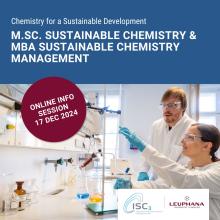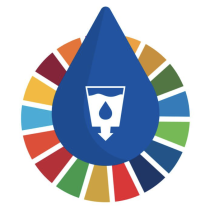Green Chemistry for Climate and Sustainability Certificate Program at Yale University Information Session
Information webinar! Sign up through the Zoom link below.
January 15, 2025 8am EST.
The Green Chemistry for Climate and Sustainability Certificate Program through the Yale School of the Environment is a 9-month, online, admissions-based curriculum for professionals and students in the chemical enterprise and related fields who wish to use the power and potential of green and sustainable chemistry and engineering to mitigate global climate and environmental challenges. The program does not require an extensive background in chemistry.
Visit our website!









